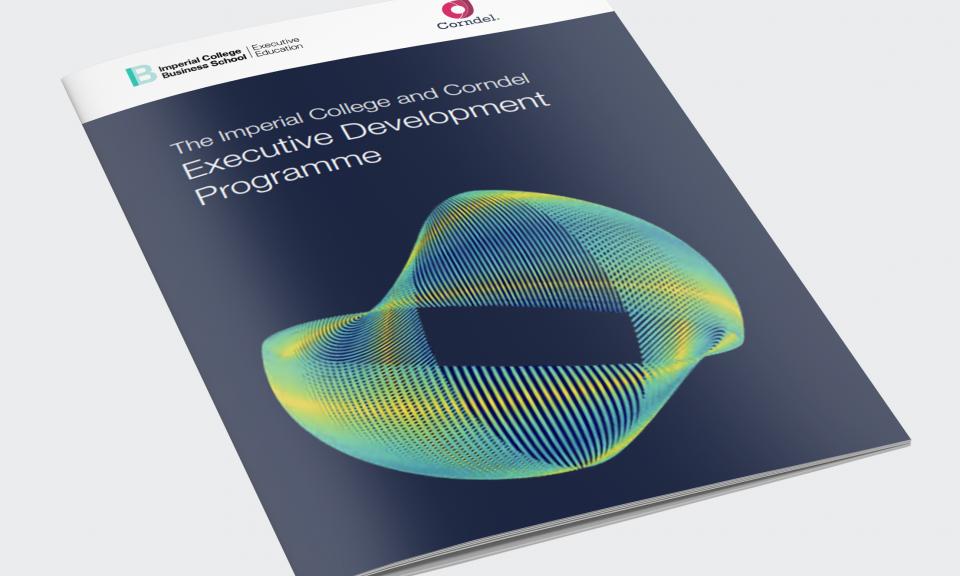
Education master’s and certification programs are among the most popular in online graduate education.
In fact, two out of every nine online graduate students are specializing in education, according to a 2014 survey by Aslanian Market Research and The Learning House Inc., which provides custom-built online courses and other services to higher education clients.
While that might suggest the road to an education degree or certification is relatively straightforward, experts say educators who pursue those credentials still face challenges.
Below are four of those potential obstacles, combined with examples of how some students have overcome them.
[Discover what employers think of your online master’s in education.]1. Balancing work and school responsibilities: Juggling professional and academic commitments is challenging regardless of an online student’s field of study. But the task is magnified for educators because of the 24/7 nature of teaching, says Jennifer Chauvot, an associate professor of mathematics education at the University of Houston.
“They are coaching, they are tutoring,” Chauvot says of educators. “Before school, after school. They’re doing a lot of other activities. They’re not just busy 8 to 3.”
One way students might stay on top of their workload is by seeking online programs that have elements of synchronous – or real-time – instruction, where students and faculty meet virtually on a regular basis. They also might choose a program that organizes students into cohorts that progress through studies together at the same pace.
Both are characteristics of Houston’s iSMART program, in which middle school teachers complete a master’s of education in curriculum and instruction with an emphasis on integrating the disciplines of science and mathematics.
Recent graduate Elisabeth Williams, a math teacher at Westbrook Intermediate School in the Houston suburbs, says the program’s weekly synchronous sessions kept her on task.
“I would put work off until the end of the week and type something up and submit it for the asynchronous classes,” says Williams. “Whereas I couldn’t really get away with that with the synchronous ones.”
2. Finding an online program that meets your state’s credential requirements: While teachers in face-to-face grad programs generally work and study in the same state, online students in out-of-state programs may find it difficult to have their academic achievements recognized professionally, says Eugene Sheehan, dean of the college of education and behavioral sciences at the University of Northern Colorado.
[Learn how to land a spot in a top online master’s in education program.]Education differs from some other fields in that each state sets its own standards for professional certifications and endorsements. While a graduate degree may qualify a teacher for an endorsement, raise or promotion in one state, for example, it might not in another.
“There’s more of an onus on the student to check with their state to make sure that whatever degree program they’re entering into will meet the requirements of what it is that they’re trying to accomplish in their state,” Sheehan says.
Northern Colorado’s new student service center focuses on helping out-of-state potential students identify and evaluate those requirements, Sheehan says. For some credentials, the question goes beyond whether a state will recognize a particular out-of-state program.
“They have to make sure they’re taking the right courses because sometimes a program can be accepted based on the courses you take,” says Sheehan. “There’s another whole layer of complexity that can come in after they’re enrolled.”
3. Choosing a school that is the right fit: In a field where work demands vary based on school environment, state standards and student ability, some educators may find some online graduate programs too broadly focused, says Jennifer Boyer-Thurgood, director of the Elementary Mathematics Teachers Academy at Utah State University.
“A lot of the online educational courses are about educational theory, which you definitely need, or they’re kind of blanket courses,” she says. “But that doesn’t tell you how to teach computational fluency to your second graders.”
Boyer-Thurgood’s academy offers a solution for elementary teachers needing more specialization. Students can choose from 100 instruction modules aligned with different portions of the Common Core State Standards. Through technology from digital infrastructure company Canvas, students’ selections are combined into a custom course or courses.
[“source-usnews.com”]











